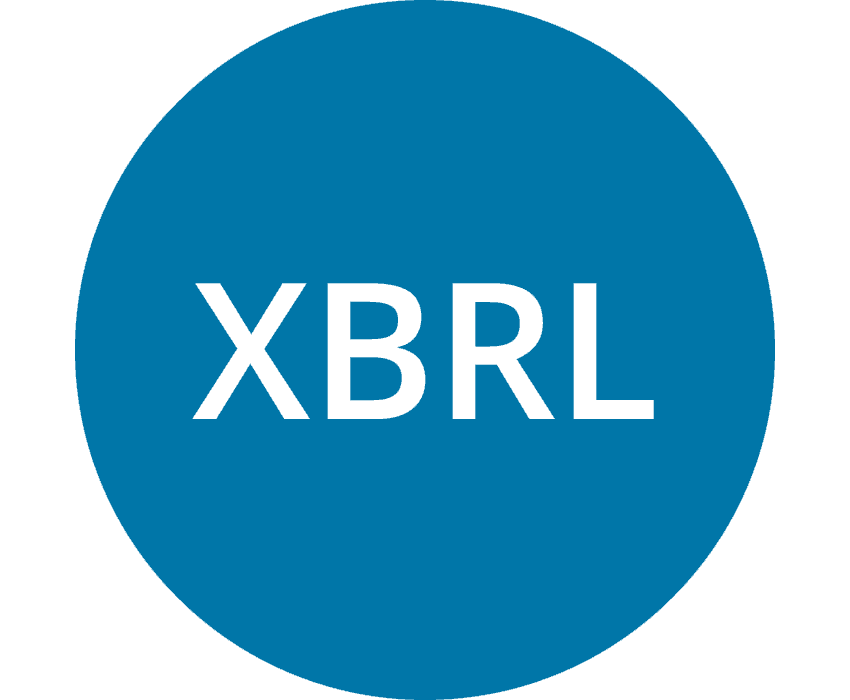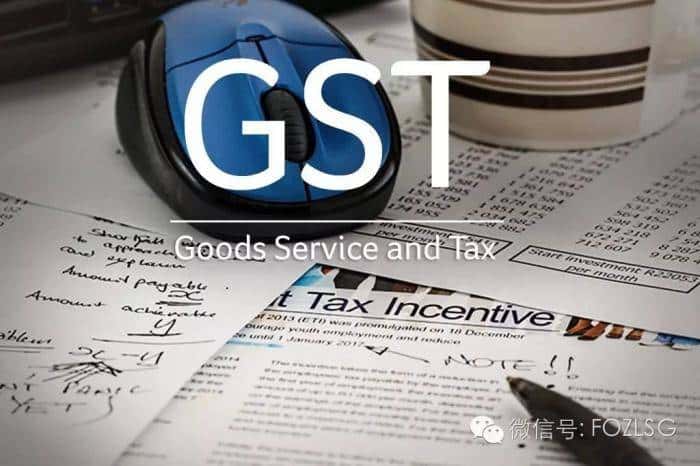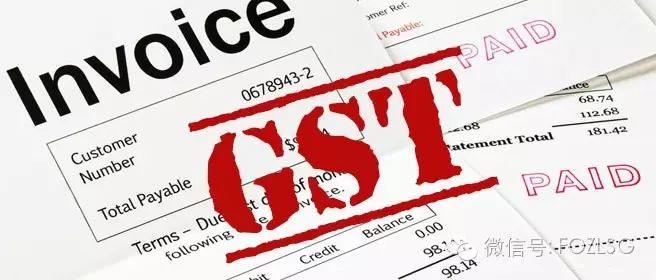
Trade Mark Requirement
2018-02-05
XBRL Filing
2018-02-21

GST Application Process
Scope of the GST

When is GST paid?
Who can collect GST?
Companies that are registered with the Commissioner of Excise can collect GST.
Why should you register?
Most companies are registered to collect GST to reclaim the GST paid on the purchase of goods. In the event that the GST paid exceeds the GST collected, the company can claim the difference as a GST refund from the Inland Revenue Authority of Singapore (IRAS). Where the GST collected exceeds the GST paid, the difference will need to be paid to the Inland Revenue Authority of Singapore (IRAS).

Who can register GST?
- Sole proprietor
- Partnership business
- Limited Liability Partnership
- Company
- Clubs, associations, management companies or institutions
- Non-profit institutions
- Statutory bodies
- Government agencies
Many SMEs will apply to become a GST-registered business in order to be able to claim higher GST rebates.

Step One: Determine the Type of GST Registration
Step Three: Submit Your Application for GST Registration
Can I cancel my registration on my own?
Registration for GST can be cancelled for a company’s business if the following conditions are met:
Within the next 12 months, the annual turnover of the taxable supply is less than S$1 million, or the taxable supply is no longer produced.
The registration cannot be cancelled within the first two years of GST registration unless the production of taxable supplies has ceased or the business has ceased.
Is there a GST plan to assist companies?
- The Singapore government has established several GST-related subsidy schemes that can assist businesses with cash flow.
- Major Exporters Scheme (MES) – Major exporters can improve their cash flow by deferring the payment of GST on major re-exports.
- Warehouse Licence Scheme – a company can store taxable goods and pay GST on the goods when they are sold in Singapore.
- Bonded Warehousing Scheme – Companies can convert their own warehouses into bonded warehouses for re-exports to reduce deficits and simplify the GST process.

Accounting and Corporate Regulatory Authority of Singapore licensed corporate advisory firm.
Singapore Company Registration, Annual Return, Accounting & Tax
Trademark Registration, Corporate Advisory, Serviced Offices.
6 Raffles Quay,#14-02, #14-06, Singapore 048580

